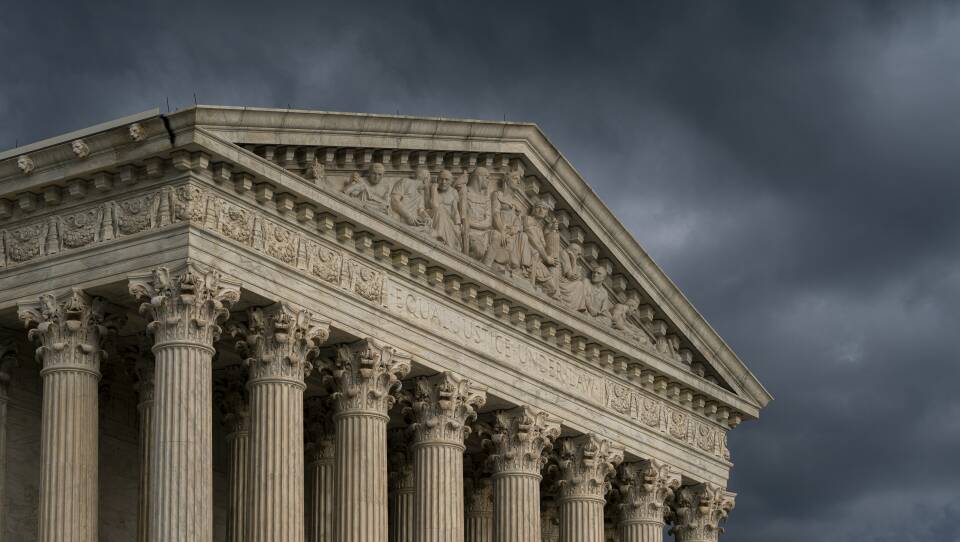Chicago earned its reputation as a vote-fixing town back in the day. Using bribes and fake identities — some pilfered from graves of people long dead — the political power brokers could guarantee whomever they wanted to win would win. Everybody knew how it was done — transactions for money and political favors exchanged in dark corners and secret meeting places, few questions asked. What would those stealthy, corrupt strategists have given if they could have done their dirty work out in the open — something the highest court in the land just made possible.
Two weeks ago, the Supreme Court voted 5-4, conservative justices in the majority, that political gerrymandering is okay. Technically, the justices decided not to set a standard for limiting politically-motivated gerrymandering. They specifically said federal judges had no authority to correct districts, even if they were clearly drawn for partisan gain. No doubt you’ve seen, or you live in, one of those funny shaped districts, carved like elongated twisted pretzels. The map design is deliberately drawn to skip over communities which could threaten a solid win for the party candidate. In Chicago, the organized political system, known as the machine, institutionalized vote fixing, thereby keeping the elected party in place. Today’s machine? The legislatures, dominated by Republicans or Democrats controlling who draws the maps and how they get drawn. And now that they don’t have to worry about masking their intent, the political parties can concentrate on holding on to their seats until 2021, when the next map drawing begins.
I know I’m not the only one trying to get my head around this unsettling decision. I’ve tried to be comforted by the voting experts who insist the ruling does not undermine the American principle of one man, one vote. But, doesn’t it? When the voting map is manipulated, how does my vote count? There is one faint light at the end of the tunnel. The Supreme Court ruling said federal courts can’t correct gerrymandering, but it does not forbid lawsuits brought in state courts. That’s exactly what Former U.S. Attorney General Eric Holder, now head of the National Democratic Redistricting Committee, plans to do. Holder told Politico, “We’ll be fighting in the states to ensure that we have a fair redistricting process.”
Responding to the court’s decision, Harvard political scientist Ryan Enos told Vox the court’s gerrymandering decision allows “elected representatives to rig the system to remain in power indefinitely.” In the wake of the Supreme Court ruling, both the 2021 redistricting and the 2020 census are at stake, as well as democracy itself. And it’s the voters — you and me — who will have to rise up to take back our ballot.





